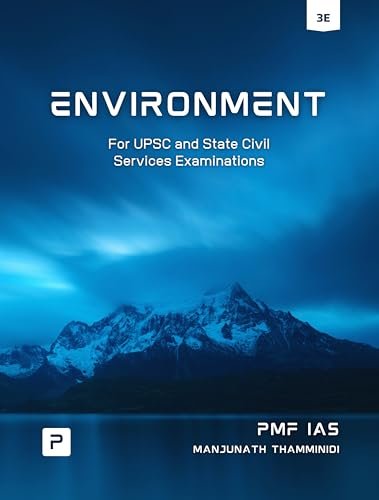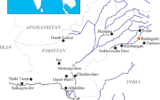
WIPO treaty 2024 on IP, GR and ATK
Subscribers of "Current Affairs" course can Download Daily Current Affairs in PDF/DOC
Subscribe to Never Miss an Important Update! Assured Discounts on New Products!
Must Join PMF IAS Telegram Channel & PMF IAS History Telegram Channel
- Context (DTE | PIB): The Treaty on Intellectual Property (IP), Genetic Resources (GR) and Associated Traditional Knowledge (ATK) was adopted at the World Intellectual Property Organization (WIPO) meeting in 2024 in Geneva.
- The non-legally binding treaty will enter force after 15 parties ratify it. This is the 27th treaty under WIPO and the first in the last ten years. First proposed by Colombia in 1999.
- It is the first WIPO treaty with provisions specifically for Indigenous Peoples and Local Communities.
- Mandatory disclosure of Country of Origin: For any claimed invention involving genetic resources, the applicants must disclose the country of origin or source of the genetic resources.
- Disclosure about IPLC: In case the patent is based on traditional knowledge, the applicant would also have to disclose the Indigenous Peoples or local community that provided it.
Significance for India and the global south
- Indian GRs and TK are currently prone to misappropriation in countries that do not have disclosure obligations. A new global treaty will address this.
India is a mega biodiversity hotspot with 7-8 per cent of global biodiversity and an abundance of traditional knowledge.
- The new treaty is important because under current laws, while genetic resources themselves cannot be patented, inventions developed using them can be protected.
- With the majority of the developed countries on board, this treaty paves the way for bridging conflicting paradigms within the IP system and protecting biodiversity.
- At present, only 35 countries have some form of disclosure obligations, mostly not mandatory.
Concerns raised
- The final text still does not address the problem of the biopiracy of genetic resources and associated traditional knowledge using patents.
- Non-disclosure of traditional knowledge sources in a patent application is not grounds for revocation.
- Lack of on-ground implementation can also be a challenge, as is the case of the Nagoya Protocol under the Convention on Biological Diversity.
- India had submitted modifications to the text of the treaty, but these were not included in the final text due to a lack of consensus.







![PMF IAS Environment for UPSC 2022-23 [paperback] PMF IAS [Nov 30, 2021]…](http://pmfias.b-cdn.net/wp-content/uploads/2024/04/pmfiasenvironmentforupsc2022-23paperbackpmfiasnov302021.jpg)











